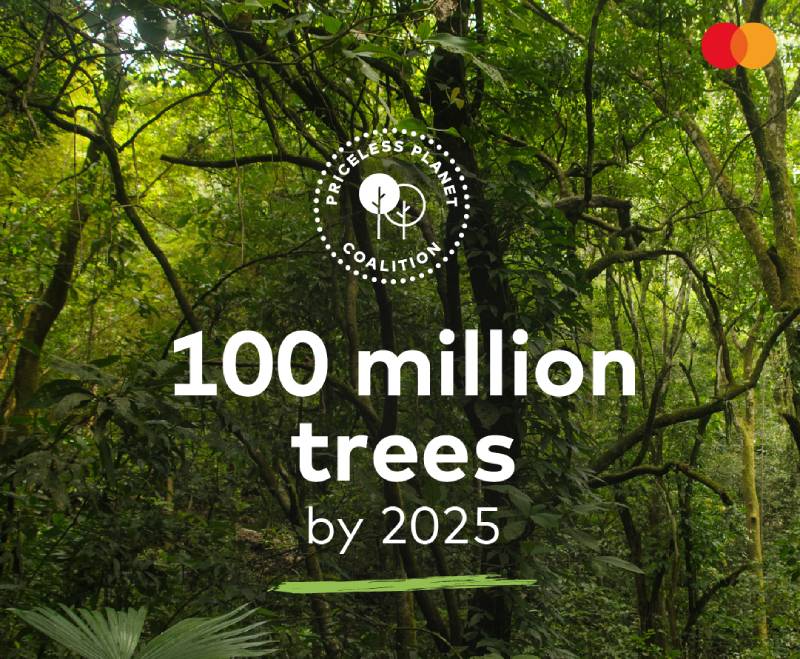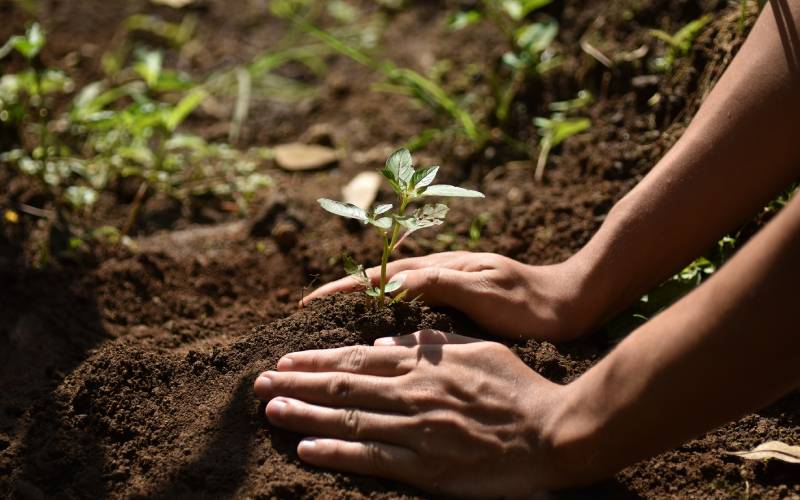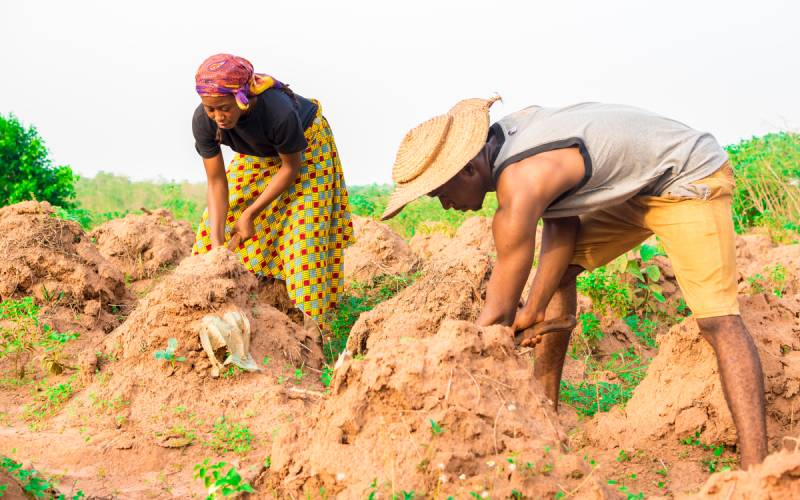
Audio By Vocalize

The future of our people, our planet, and our prosperity are intricately linked.
Climate change is one of the biggest challenges faced by humanity. It impacts all of us, regardless of who we are. Those who are at a social or economic disadvantage, however, could face catastrophic impacts in the form of food scarcity and increased incidences of natural disasters such as droughts and flooding. This is why reducing harmful CO2 emissions and discovering ways to navigate a sustainable future have become critical items on the global agenda.
According to the National Oceanic and Atmospheric Administration, carbon dioxide concentration levels reached a new record again in 2021. Clearly, more needs to be done to save our planet.
A recent Mastercard SME Confidence Index reveals that 70 per cent of people believe it is important for businesses to do more for the environment. Reducing one’s carbon footprint requires each of us to re-evaluate our modus operandi in terms of how we live, work, and the products we consume.
The United Nations’ Intergovernmental Panel on Climate Change says it is imperative that we limit our planet’s rise in average temperature by 1.5°C by 2050. Trees are a cost-efficient, nature-based solution for mitigating the impact of greenhouse gas emissions. In 2020, Mastercard launched the Priceless Planet Coalition, a platform to unite corporate sustainability efforts and make meaningful investments to preserve the environment. The Coalition has a target to restore 100 million trees by 2025, both to inspire change in terms of climate change but also to be a force for good to ensure people, communities, businesses, and the planet can thrive.
Tackling the climate crisis and safeguarding the planet requires collective action. In addition to restoring forests, companies must also look for ways to reduce their own carbon emissions. There are also numerous ways for individuals to minimize one’s carbon footprint to protect our environment for future generations.

Here are some suggestions:
Education is key to addressing climate change as it helps us make informed decisions. Understanding the impact of our actions on the environment enables us to do better as a society and motivates us to take action. Greater transparency on environmental issues and standardization of information and data ensures that consumers are up to date on the latest facts.
Mastercard is helping banks in Kenya to provide consumers with carbon footprint data and insights about their environmental impact through the Mastercard Carbon Calculator. The calculator allows consumers to receive a snapshot of the carbon emissions generated by their purchases across spending categories.
Research commissioned by Mastercard in 2021 found that 92% of adults in Kenya are willing to take personal action on sustainability issues, 84% said that its more important than ever before that companies behave in a sustainable and eco-friendly way and 52 per cent said they were planning to give more value to brands that act in a responsible, transparent, and honest way.
We all have the power to make a difference by being more conscious of the brands we support, being less impulsive about our purchases, reducing the amount of waste we generate, recycling waste and planting trees. The Priceless Planet Coalition, for example, is restoring 890,400 trees in Makueni County’s Makuli Nzaui landscape to create a sustainable and environmentally friendly community in collaboration with the Green Belt Movement, founded by Nobel Laureate Dr Wangari Maathai.

In 2021, Mastercard partnered with Jumia, Africa’s leading e-commerce platform, to donate five trees to support the Coalition’s forest restoration project for every transaction made by Mastercard cardholders on Black Friday. In addition, Mastercard has introduced eco-friendly cards sustainably made from recyclable, recycled, bio-sourced, chlorine-free, degradable or ocean plastics. The easy-to-spot badge on each eco-card is a simple reminder of the commitments made to address sustainability concerns.
Stay informed. Subscribe to our newsletter
You can also learn more about protecting the environment by following blogs like Treehugger (https://www.treehugger.com/), Ecowatch (https://www.ecowatch.com/) or Inside Climate News (https://insideclimatenews.org/) for up-to-date reporting and analysis on climate change and the environment.
There are many ways to get involved and raise awareness. Use your voice as a consumer, a customer, and an active citizen to call for change. Make your voice heard by those in power. Support causes, initiatives, and organizations that are combating climate change.
The fight against climate change cannot happen in isolation—collaboration between government, private sectors, consumers, and society at large is crucial.
Green recovery plans can accelerate sustainable change for the benefit of all and enable us to play our part.
What do you choose to do?
Follow the Priceless Planet Coalition by using the hashtag #PricelessPlanet on social media to initiate and join in on climate-change conversations and see how you can play your part.